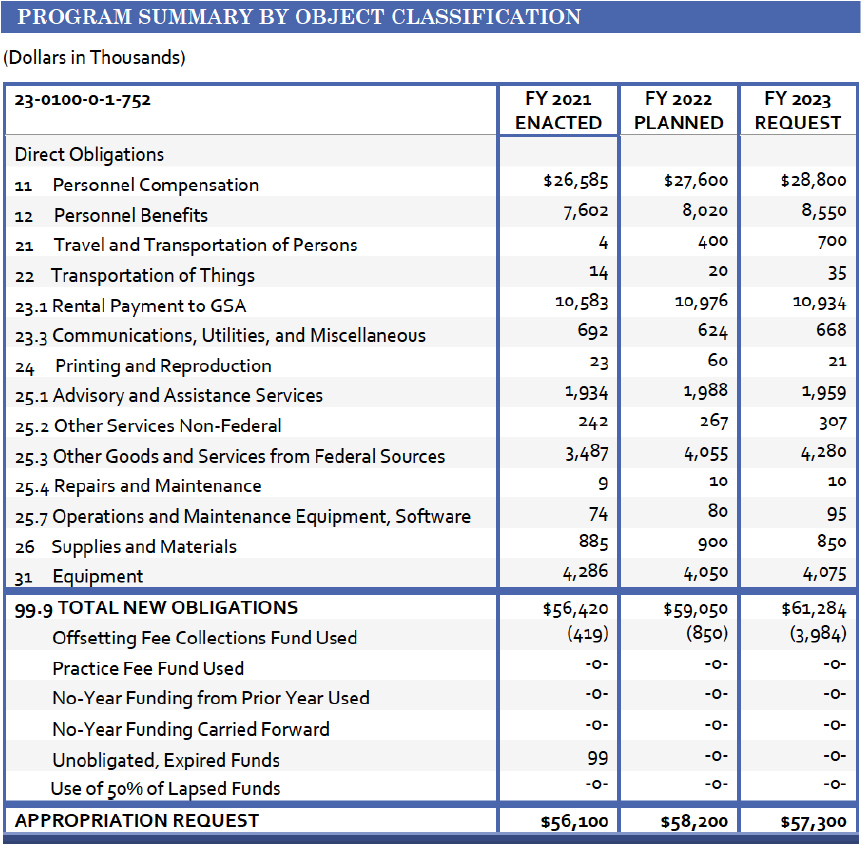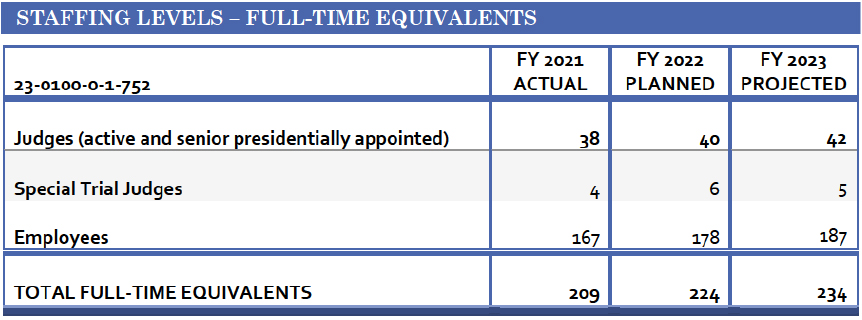Check out our summary of significant Internal Revenue Service (IRS) guidance and relevant tax matters for August 21, 2023 – September 1, 2023.[1]
August 21, 2023: The IRS released Tax Tip 2023-102, warning tax professionals to be prepared for a variety of schemes aimed at stealing sensitive information, including phishing and attacks on cloud-based applications.
August 23, 2023: The IRS published Revenue Procedure 2023-29, providing the applicable percentage table used to calculate the premium tax credit under Section 36B.
August 24, 2023: The IRS reminded employers and employees that employers who have educational assistance programs can use those programs to help pay student loan obligations for their employees.
August 24, 2023: The IRS released Tax Tip 2023-103, outlining the Heavy Highway Vehicle Use Tax and reminding truckers that the tax payment due date is the last day of the month following the month the vehicle was first used on public highways. Truckers must also file Form 2290, Heavy Highway Vehicle Use Tax Return, by such date.
August 25, 2023: The IRS published Revenue Ruling 2023-17, which provides guidance on the overpayment and underpayment rate of tax under Section 6621. The ruling includes a table of interest rates spanning from 1975 through the present.
August 25, 2023: The IRS published Notice 2023-62, which provides guidance on particular issues involving catch-up contributions to retirement plans that are eligible to be designated as Roth contributions.
August 25, 2023: The IRS released its weekly list of written determinations (e.g., Private Letter Rulings, Technical Advice Memorandums and Chief Counsel Advice).
August 28, 2023: The IRS released Tax Tip 2023-104, explaining that eligible teachers and administrators can claim a tax deduction for part of the cost of technology, supplies and training to the extent those expenses are not reimbursed.
August 29, 2023: The IRS issued proposed regulations that would require brokers to report sales and exchanges of digital assets by customers. The proposed regulations contemplate the creation of new Form 1099-DA.
August 29, 2023: The IRS released Tax Tip 2023-105, listing miscellaneous resources for military spouses who run businesses or do gig work.
August 30, 2023: The IRS issued proposed regulations, frequently asked questions and Publication 5855, which all relate to the increased tax credit or deduction amounts for clean energy facilities and projects if taxpayers satisfy certain prevailing wage and registered apprenticeship requirements.
August 30, 2023: The IRS announced that starting January 1, 2024, Form 8300, Report of Cash Payments Over $10,000, must be filed electronically. (See also FS-2023-19 (August 19, 2023).)
August 30, 2023: The IRS announced tax relief for individuals and businesses in parts of Florida affected by Hurricane Idalia. Currently, [...]
Continue Reading
read more

 Subscribe
Subscribe







